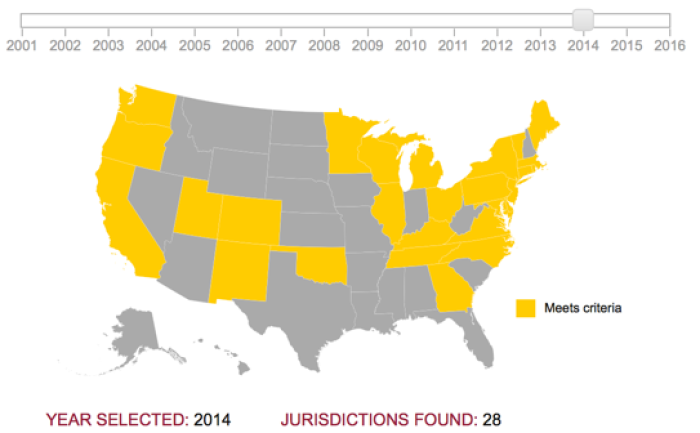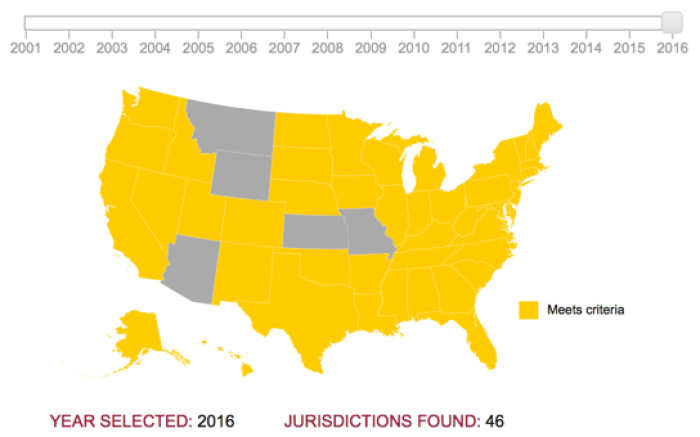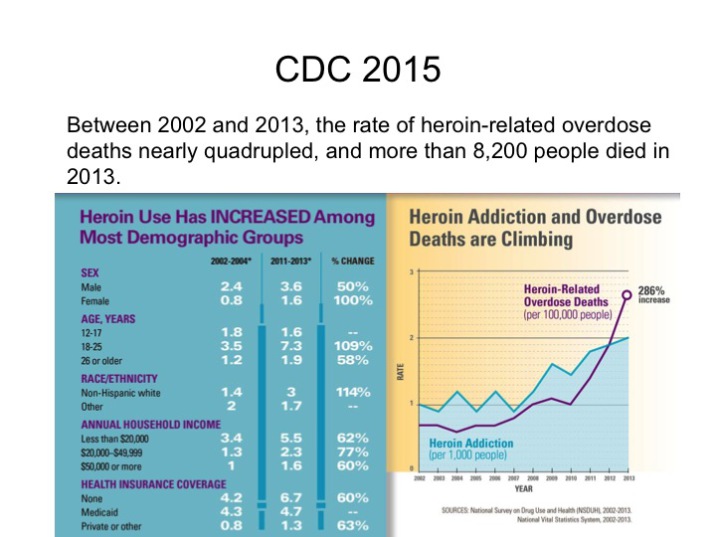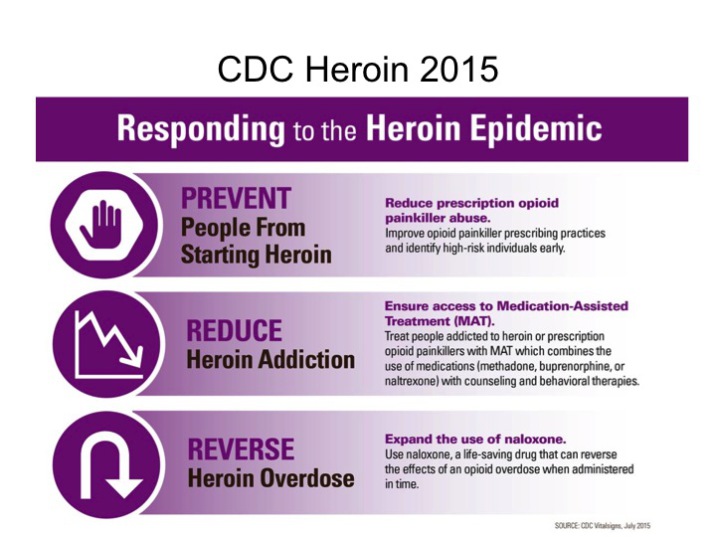Background on Layperson Naloxone
Naloxone has been distributed to laypersons in the U.S. since 1996. In 2001, New Mexico became the first state to amend its laws to allow medical professionals to prescribe naloxone, and for laypersons to administer it without fear of legal repercussions. By 07/2017, all fifty states have enacted similar laws.
According to a recent CDC report (MMWR, Wheeler et al, 2015), as of 2014:
- There were 644 local opioid overdose prevention programs distributing naloxone to laypersons nationwide (a layperson is defined as a non-medical professional who may come into contact with a person overdosed on an opioid).
- From 1996-2014, these programs reported providing naloxone to 152,283 persons resulting in 26,463 overdose reversals and lives saved.
- Studies have found that providing naloxone kits does not lead to increased abuse or riskier use of opioids and can actually lead to increased enrollment in drug treatment. As of 2014, Utah passed laws (Utah Code § 26-55-101) to make prescribing and distributing naloxone rescue kits to laypersons legal. Clinicians, the VA, public health providers, and injury prevention programs are now getting these naloxone rescue kits to people who may witness an opioid overdose. These kits are saving lives.
Naloxone Access Laws as of 2014 www.lawatlas.org
Naloxone Access Laws as of 2016 www.lawatlas.org
In July of 2015, the CDC released data showing that heroin overdose deaths have reached epidemic levels. They are recommending 3 responses to the epidemic.
Expanding access to naloxone, as recommended by the CDC, is the goal of Utah Naloxone.






